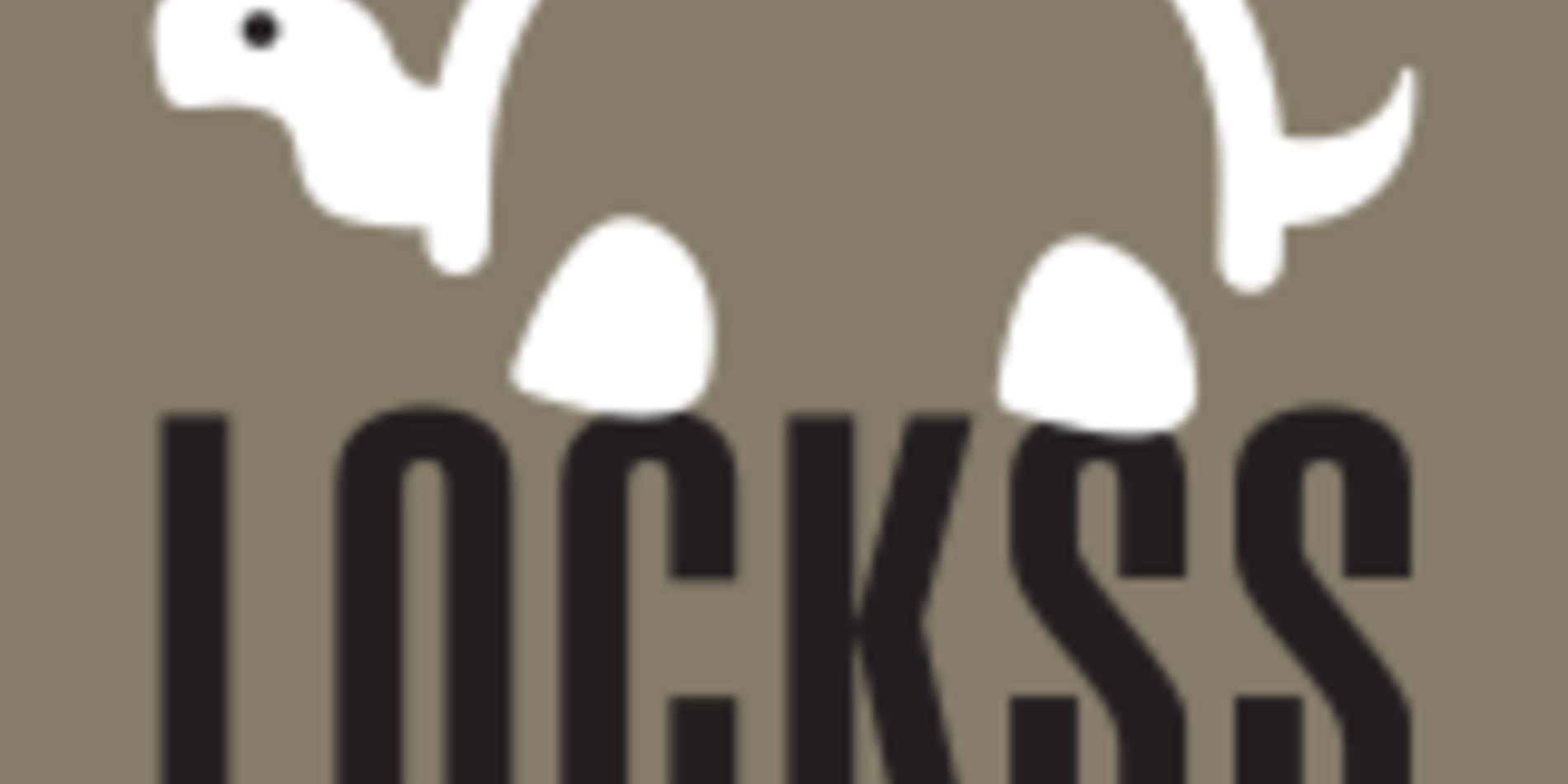Changing LOCKSS

You may already know the story of LOCKSS' beginnings.
On a fall day in 1999, a hike in the woods became the backdrop for a spontaneous problem-solving session on the preservation gap affecting online journals. The hikers, an electronic serials librarian (Vicky Reich) and a computer scientist (David Rosenthal), sketched out a plan to replicate the incidentally distributed, redundant architecture by which print journals had been preserved, in a digital system. They brought the proposal to the Stanford University Librarian, Michael Keller, who famously blessed the project with the admonition, "don't cost me any money; don't get me into trouble; do what you want."
David and Vicky went on to bootstrap the LOCKSS Program at Stanford University Libraries, a project with successes far exceeding their original, immodest ambition to preserve online journals. They built a new distributed digital preservation system, based on award-winning research and a well-articulated threat model. They helped launch the CLOCKSS Archive, a partnership between libraries and publishers committed to preserving the electronic scholarly record, which ultimately scored outstanding marks in its 2014 CRL TRAC assessment. They generalized the application of LOCKSS networks to other types of digital content through Private LOCKSS Networks. And through this all, they were able to transition baseline LOCKSS funding from grants to being financially self-sustaining.
I offer this all now as a small tribute to their legacy, as David and Vicky are retiring from managing the LOCKSS Program. As the incoming LOCKSS Program Manager, I'm honored to be able to continue and extend their work. Lots has been happening with LOCKSS lately, concomitant with David and Vicky's transition.
The LOCKSS Program has joined Stanford University Libraries' Digital Library Systems and Services group, in recognition of complementary missions, competencies, communities, and infrastructures. We are undertaking a major re-architecture of the LOCKSS software, to better leverage solutions developed by the web archiving mainstream and to facilitate the integration of LOCKSS technologies in new contexts. We're investing in the development of new LOCKSS networks to support an expanding set of content types and use cases. We're looking to hire a Partnerships Manager, to assist with many of these efforts.
We're setting a course for the future of LOCKSS, one with no fewer copies but lots more impact. We're simplifying the setup and management of LOCKSS systems and networks. We're enabling the enhancement of non-LOCKSS systems through incorporation of LOCKSS technologies. We're recommitting to David and Vicky's original vision to empower communities to themselves be the stewards of the content that matters to them.
You'll start to hear more from us as we go along, including another announcement soon regarding the software re-architecture effort. I invite you meanwhile to get in touch with me with your feedback or questions.

